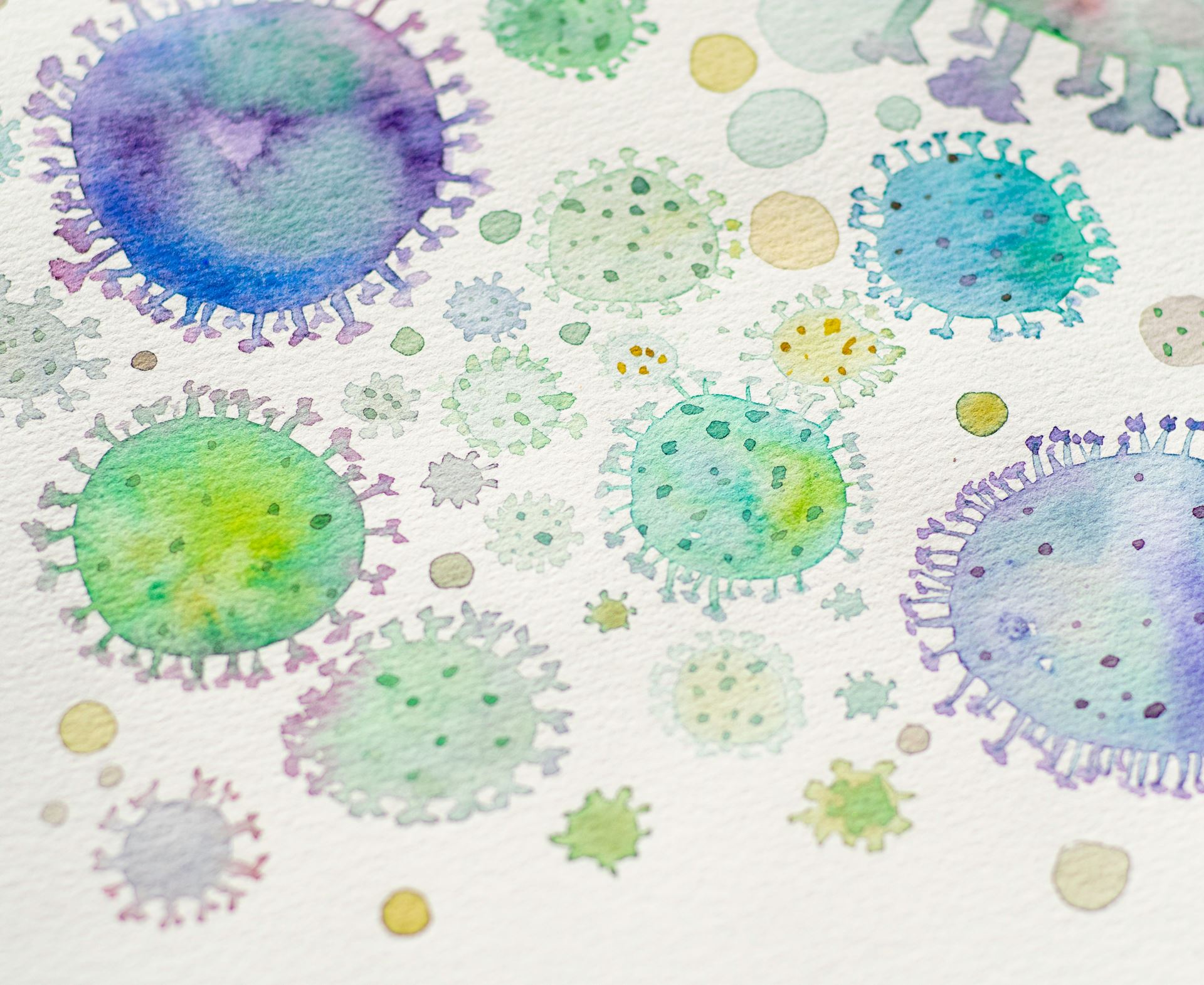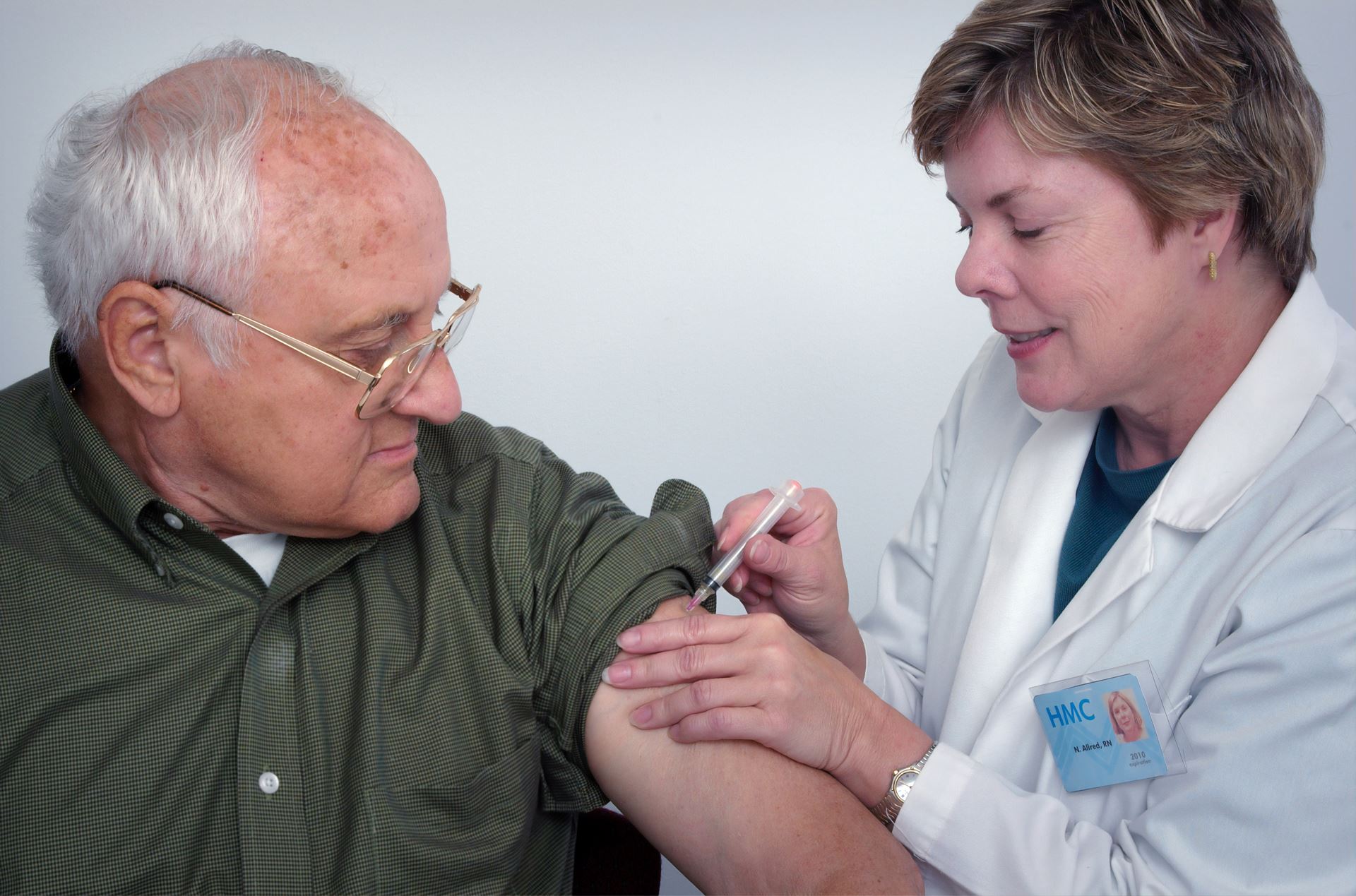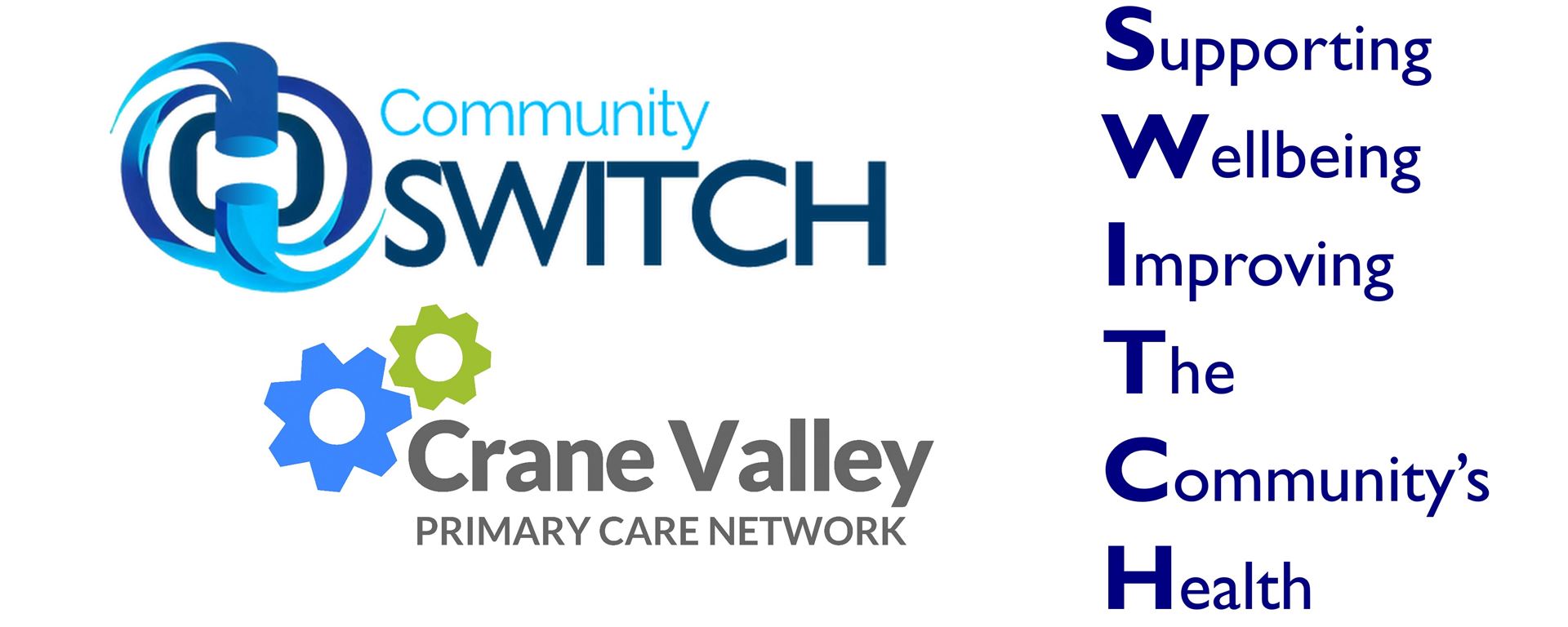Vaccination Information
Winter flu and COVID vaccination clinic information
Winter flu vaccination eligibility:
You can get the free NHS flu vaccine if you:
- are aged 65 or over
- have certain long-term health conditions
- are pregnant
- live in a care home
- are the main carer for an older or disabled person, or receive a carer's allowance
- live with someone who has a weakened immune system
Frontline health and social care workers can also get a flu vaccine through their employer.
Key Change to COVID vaccine eligibility this season:
- Adults aged 75 and over
- Care home residents (older adults)
- Immunosuppressed individuals aged 6 months and over
- Adults aged 65–74
- Other clinical risk groups
If you are an eligible patient who hasn’t had winter vaccinations yet, you can still contact the surgery, and we’ll arrange an appointment for you
Contact us today on 01202 865800 to book your slot!

Further information on Winter vaccinations
The NHS encourages eligible groups—such as older adults, pregnant women, young children, those with certain health conditions and carers—to get vaccinated as early as possible in the season. Getting winter vaccinations means your symptoms will be milder and you will recover faster if you run into these viruses this winter.
Winter flu
Influenza (flu) vaccination is important because, while flu is unpleasant for most people, it can be dangerous and even life-threatening for some, particularly those with certain health conditions. Getting vaccinated helps protect individuals from flu and relieves the pressure on the NHS and social care services.
In the UK, the flu vaccination season typically starts in September and runs until March, with the main push for vaccinations occurring between September and early December. This ensures people are protected before flu activity peaks, usually between December and March.
Follow this link to information on the flu vaccination on the NHS website>>
COVID-19
Viruses change, and protection fades over time. The COVID-19 vaccine helps protect against COVID-19 virus, which can be a serious or life-threatening illness. People at increased risk of getting seriously ill from COVID-19 are invited to receive the vaccine, which the NHS usually offers in spring and early winter.
Getting the COVID vaccine can help reduce your risk of getting severe symptoms and help you recover more quickly if you catch COVID. It protects against different types of the COVID virus and can help reduce your risk of being hospitalised if you become infected.
Follow this link to information on the COVID-19 vaccination on the NHS website>>
Childhood Immunisation
Childhood immunisation is an important aspect of your child's healthcare. For information on routine childhood immunisation, please visit our Children's Health page by following this link:>>
Travel Vaccinations
Foreign travel may expose patients to certain infections. So, If you're planning to travel outside the UK, find out what vaccinations you might need on our Travel Health page by following this link:>>

Respiratory Syncytial Virus (RSV) Vaccinations
Respiratory Syncytial Virus (RSV) is a common respiratory virus that can cause serious lung infections.
While RSV infection can occur at any age, the risk and severity of RSV and its complications are increased in older adults pregnant women and infants, having a considerable impact on these individuals and NHS services during the winter months.
RSV may cause a cough or a cold, wheezing, shortness of breath, tiredness and fever. RSV symptoms in babies can also include irritability, and the infant may feed less than usual. Most cases are not serious and clear up within 2 to 3 weeks.
RSV can also cause bronchiolitis in infants, which can make it difficult to breathe and feed. RSV bronchiolitis symptoms may include difficult, fast or noisy breathing and may cause the infant to be unsettled or difficult to comfort.
Find out more on the NHS website here>>
Who is eligible?
On 2 February 2026, the government decided, in line with JCVI advice, that the RSV vaccine should be offered to additional groups in the population most vulnerable to serious outcomes from RSV infection and who are therefore most likely to benefit from vaccination.
From 1 April 2026, vaccination will be offered in England to:
- adults aged 80 years and over
- all residents in care homes for older adults
This is in addition to the existing programme, which offers RSV vaccination to:
- adults turning 75 years
- adults aged 75 to 79 years when the programme began
- pregnant women (to protect their newborn babies)
What happens next?
There is no need to contact the surgery right now. We will contact all eligible patients directly to offer an appointment when due. If you receive an invitation from us, please contact us to book an appointment at the earliest opportunity.
Shingles Vaccinations
Prevent shingles, a common, painful skin disease.
A vaccine to prevent shingles, a common, painful skin disease. There is a vaccine to help protect you from the pain of shingles.is available on the NHS to people in their 70s. The shingles vaccine is given as a single injection into the upper arm. Unlike the flu jab, you'll only need to have the vaccination once and you can have it at any time of the year.
You're eligible for the shingles vaccine if you are aged 70 to 79 years old. The shingles vaccine is not available on the NHS to anyone aged 80 and over because it seems to be less effective in this age group. For more information visit the Shingles vaccine overview page on the NHS website:>>.


Pneumococcal vaccine for over 65s
Protection against serious and potentially fatal pneumococcal infections.
A pneumococcal infection can affect anyone. But some people such as adults aged 65 or over are at higher risk of serious illness.
The pneumococcal vaccine protects against serious and potentially fatal pneumococcal infections. It's also known as the pneumonia vaccine.
Pneumococcal infections are caused by the bacterium Streptococcus pneumoniae and can lead to pneumonia, blood poisoning (sepsis) and meningitis.
Most people only need 1 dose of the vaccine for long-term protection. The protection only starts to reduce after 5 years. For more information visit the Pneumococcal vaccine overview page on the NHS website:>>
Men ACWY Vaccination
A rare but life-threatening disease caused by meningococcal bacteria.
Meningococcal disease (meningitis and septicaemia) is a rare but life-threatening disease caused by meningococcal bacteria.
Older teenagers and new university students are at higher risk of infection because many of them mix closely with lots of new people, some of whom may unknowingly carry the meningococcal bacteria at the back of their nose and throat.
"Fresher" students going to university for the first time should make sure they've had the MenACWY vaccine to prevent meningitis and septicaemia, which can be deadly. The MenACWY vaccine is also routinely offered to teenagers in school Years 9 and 10.
Anyone born on or after 1 September 1996 who was eligible but missed their teenage MenACWY vaccine can still have the vaccine up to their 25th birthday. For more information visit the MenACWY vaccine overview page on the NHS website:>>.
Page created: 23 February 2023
